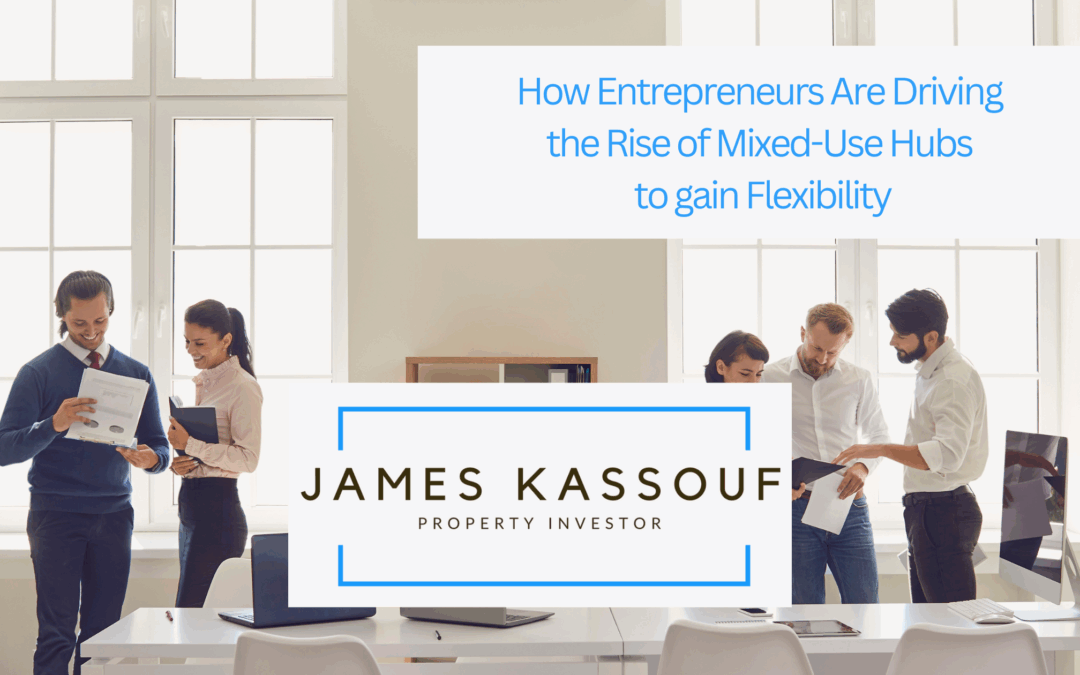The modern entrepreneur thrives on agility—moving quickly, adapting on the fly, and embracing new ways of working and living. It’s no surprise, then, that entrepreneurs are playing a leading role in the rise of mixed-use hubs. These dynamic, multi-functional spaces are reshaping real estate by blending business, lifestyle, and community into one environment—delivering the kind of flexibility today’s innovators crave.
Mixed-use hubs typically combine residential, commercial, and recreational elements within a single development. Think apartments above coworking offices, cafes beside fitness studios, or retail shops interwoven with green communal areas. These spaces remove the friction of traditional work-life separation and offer seamless transitions between productivity and personal well-being.
For entrepreneurs, this is gold. They can set up shop in a coworking space downstairs, grab coffee with clients at a café around the corner, and head home with zero commute. The time saved and convenience gained translate directly into better focus, improved creativity, and increased efficiency. It’s a holistic ecosystem designed for momentum.
But entrepreneurs are doing more than just occupying these spaces—they’re actively shaping them. Many are founding or funding mixed-use developments that reflect their values: community-centric, tech-integrated, and sustainability-forward. Some use these hubs as launchpads for their startups, testing products and services in real-time with residents and businesses who live and work in the same space. Others see the long-term investment potential in owning property within such adaptable environments.
Moreover, these hubs create vibrant micro-economies. Small business owners, freelancers, and creatives collaborate informally over shared spaces, creating partnerships and fueling local growth. This network effect amplifies the potential for innovation and success, far beyond what a traditional office or storefront might offer.
As cities expand and remote work becomes permanent for many, the demand for flexibility will only grow. Entrepreneurs recognize that the ability to pivot—geographically, professionally, and personally—is no longer optional. Mixed-use hubs provide that pivot point.
Conclusion:
Entrepreneurs are not just adapting to the shift toward mixed-use developments—they’re accelerating it. By investing in and advocating for flexible, integrated environments, they’re building the physical infrastructure for a new era of work-life synergy. In doing so, they’re transforming both how we do business and how we live.

